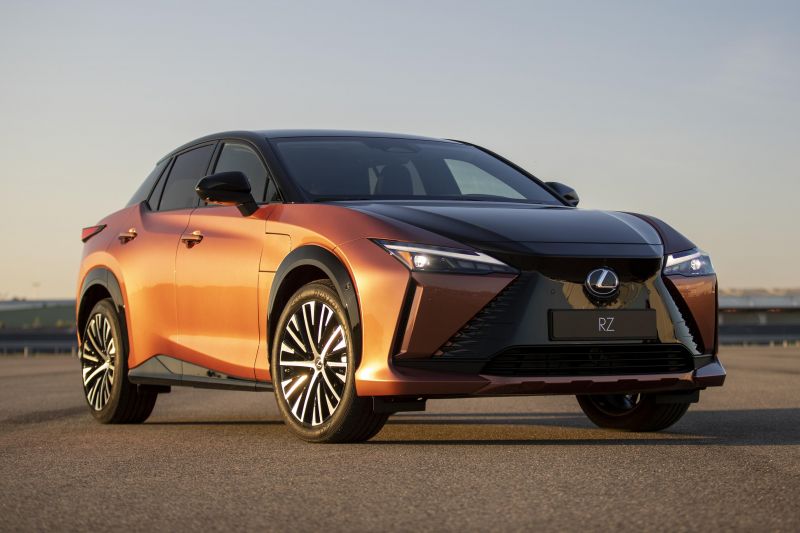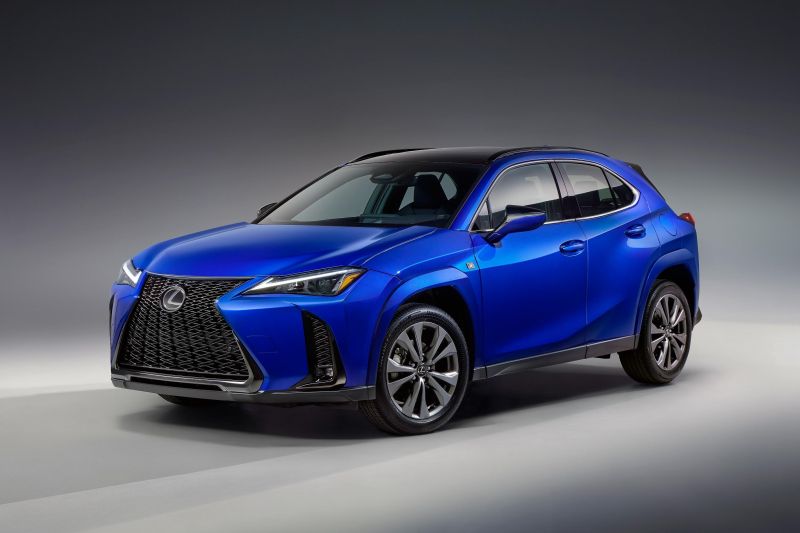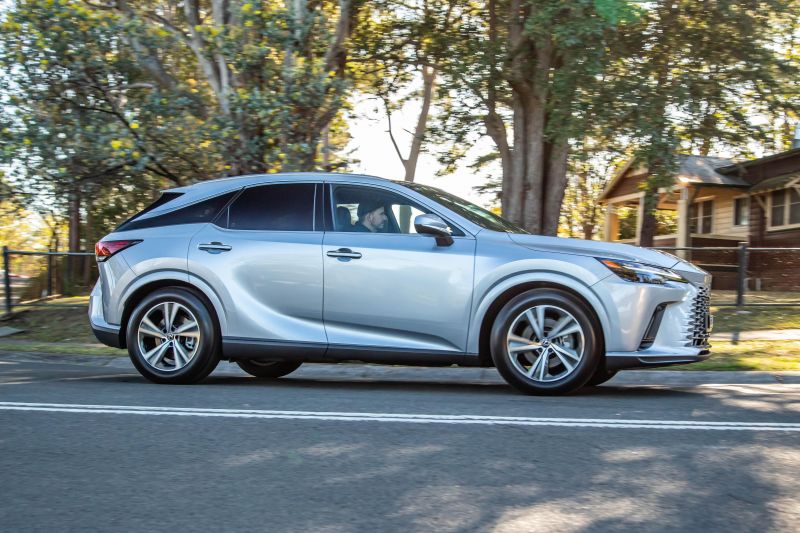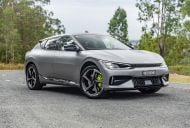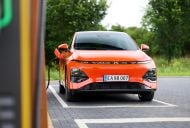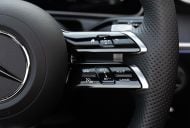While many car companies are rushing to set deadlines for internal combustion engines, Lexus wants to cater for everybody by offering a diverse array of drivetrains.
Speaking to CarExpert, Lexus Australia CEO John Pappas said the brand will electrify its entire range in due course, but won’t rush into a full electric lineup until its customers are ready.
“What we’re seeing at the moment is that there’s been this big surge, initially, in the BEV [battery electric vehicle] space… Tesla’s doing great, their numbers are great. You’ve got BYD now coming in and BEVs have definitely grown significantly in the last sort of 12 to 18 months,” he said.
“What we’re finding is that those people that are willing to jump into that BEV space, who are the early adopters, we saw this with hybrid back in 2006… it’s going to take time to ‘myth bust’, and you’ve got a whole raft of challenges with BEVs that you didn’t have with hybrids.
“People thought you needed to charge a hybrid, but you didn’t, that was a myth busted, right? But when they realised that it works like this and then all of a sudden, the residual values over time… it was an exponential curve.
“And people, once they got confident in the technology and everything like that, residual values for hybrids are [now] better than non-hybrids.
“So I think that’s what’s going to happen with BEVs, but it’s gonna take time. Why? Because BEVs are even more challenging because there’s so many other variables there around how you drive the car. You know how much range it’s going to give you, weather conditions, things you can’t control, and therefore, customers want peace of mind.”
One of the things that Lexus prides itself on is customer service, and with its electric RZ and UX 300e it offers home charging installation, free public charging, and a loan vehicle for longer drives.
But the company says offering diversity in drivetrains is also a key part of its customer service promise.
“Our customers want a Lexus experience, that’s what they’re used to. So the last thing we want is to bring a car to market and just to say we’ve got an EV, but at the same time, we can’t deliver on the Lexus experience,” said Mr Pappas.
“So for us, our multi-pathway approach is really important to us at the moment because we think that BEVs, no doubt BEVs are coming and the fuel efficiency standard policies are coming and all those indicators telling us that this is where we’re going, which is great.
“And our engineers in Japan, they’re all gearing up to go that way. But it’s not going to be in the next 12 or 24 months.
“It’s going to take good time. In that period of time, we’re trying to commit as an organisation to 100 per cent either hybrid or plug-in by 2030.”
Manufacturers globally have already signalled that the heat has come out of battery-electric vehicle demand and they have commensurately throttled production back to cater for the step back in demand.
Many hybrids, on the other hand, still commonly have extended wait periods.
This balanced approach is likely to see Lexus’ sales grow even further in 2024 as it brings more variants with more hybrid options into the mix. Ultimately, the company wants to ensure it caters for all of its customers.
“And what’s important for us is we don’t want to leave anyone behind. That’s the thing that underwrites everything we do – we don’t want to leave anyone behind. They will come in on the journey with us,” another Lexus spokesperson said.

